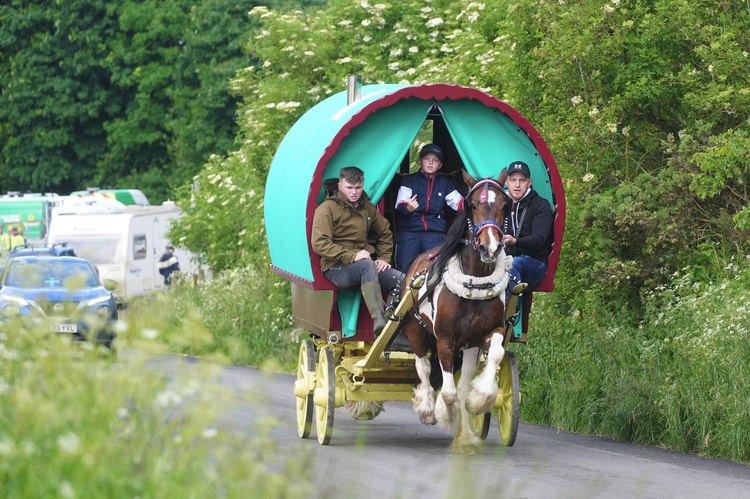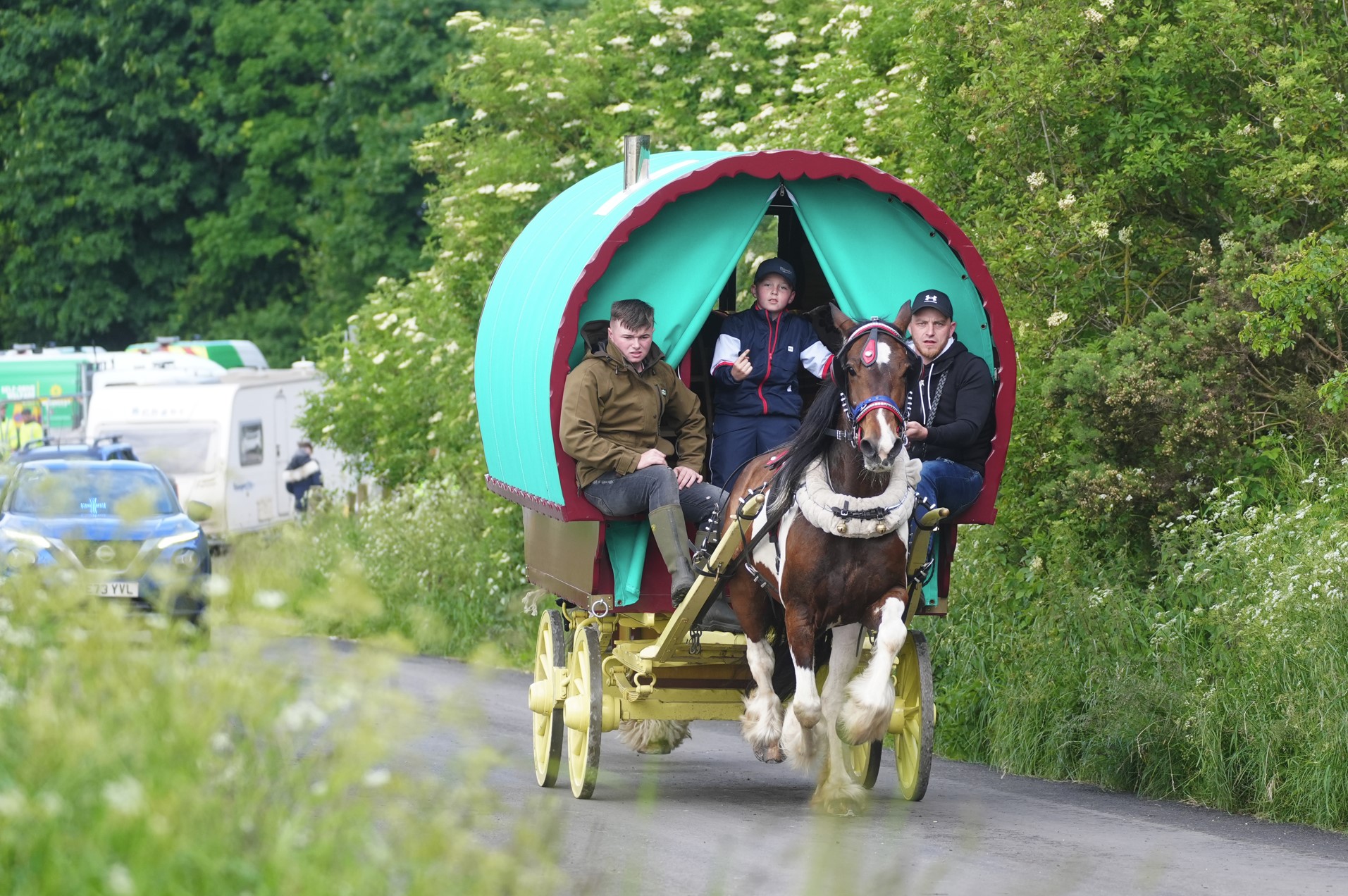“There is a prevalent negative stereotype depicting Roma, primarily as non-violent criminals, except for instances of collaboration with local mafia,” said the report.
The report was commissioned under the European Union/Council of Europe Joint Programme on the portrayal of Roma people in television broadcasting in Bulgaria, Greece, Italy and Romania.
“They are often portrayed as uneducated and backward,” it added.
This stereotype is reinforced through selective representations of Roma as subjects or objects in reports of minor crimes, domestic violence and social disputes involving Roma communities near local neighbourhoods.
“Such portrayals contribute to negative stereotypes, presenting Roma as ‘clan’ people who are irresponsible, particularly regarding childcare and the treatment of women within their families,” explained the report.
The report added that “debate TV programmes frequently feature extremist politicians exploiting the above-mentioned topics for electoral gain, especially during election campaigns”.
“Within private commercial networks, particularly Mediaset channels, the main objective seems to be highlighting and reporting on the skilful thefts committed by small groups of Roma individuals on public transport and in crowded places,” it continued.
“These reports often include interviews with young or juvenile Roma women, emphasising their seeming impunity and frequent pregnancies at a young age to evade arrest or other consequences.
“As a result, the narrative often centres around the challenges of integration and inclusion, especially concerning the housing emergency and the illegal occupation of social or private housing.
“While such issues also involve Italian citizens or foreigners of different origins, the focus and attention on Roma individuals differ significantly.”
ANSA











